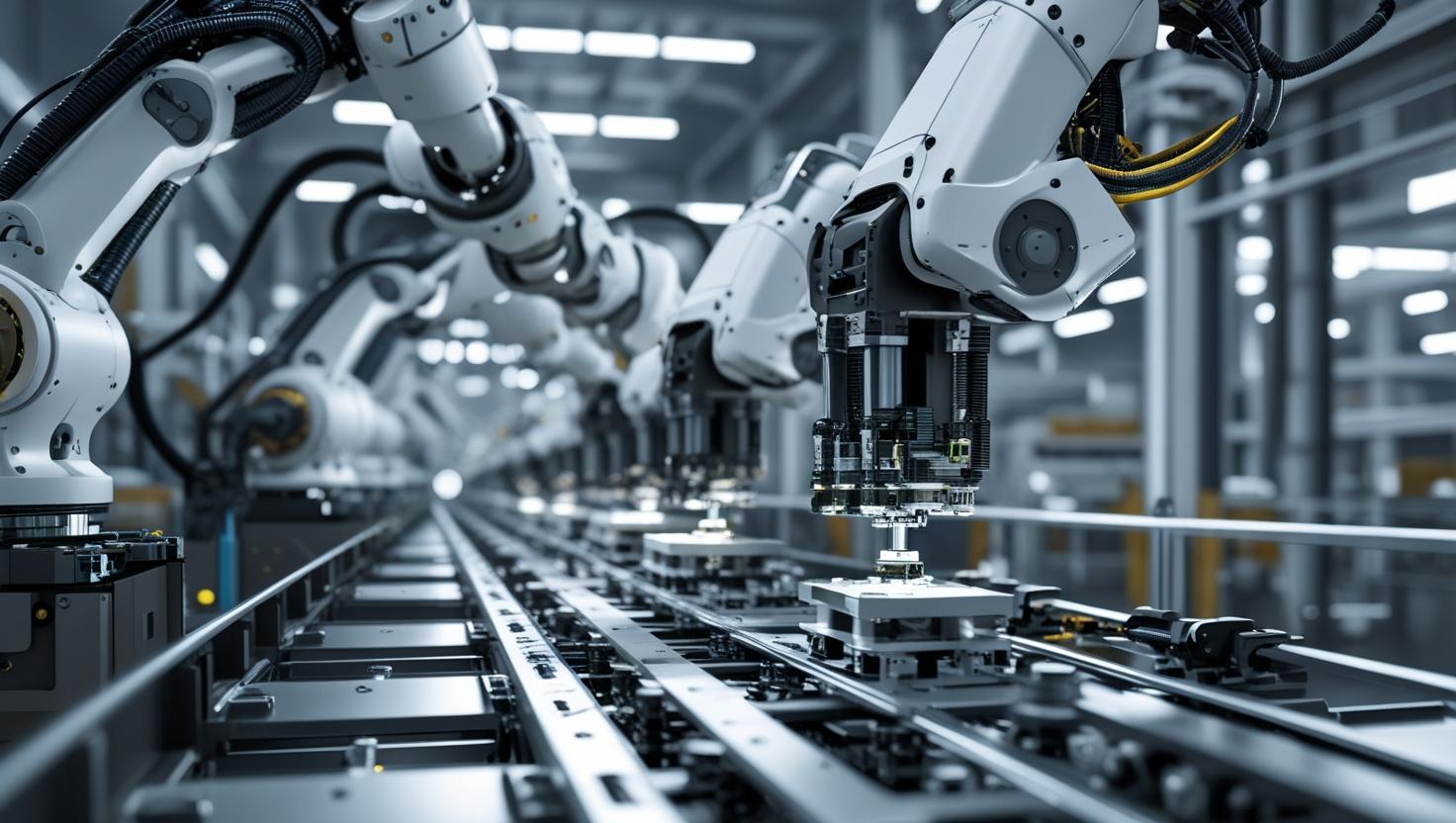
Unlocking Smarter Machines with Radar-Powered Sensor Fusion
What Is Sensor Fusion and Why It Matters in Industry
In smart manufacturing, no single sensor is enough. Vision cameras struggle with glare, ultrasonic devices misfire in dusty environments, and temperature or vibration sensors only capture part of the story.
Sensor fusionsolves this by combining multiple data sources—such as radar, vision, proximity, and environmental sensors—into a single stream of actionable information. Linpowave’s radar-based solutions are built to enhance and anchor this data ecosystem withnon-contact, high-precision motion and object detection.
By fusing radar data with other sensor inputs, systems becomemore robust, accurate, and context-aware, even under complex, fast-changing factory conditions.
The Linpowave Advantage: Radar That Complements Other Sensors
At the core of Linpowave’s technology ismillimeter-wave radar. Unlike cameras or LiDAR, radar is unaffected by poor lighting, dust, smoke, or weather. That makes it ideal for complementing traditional sensors in:
-
Motion detection where vision is blocked
-
Distance measurement in fluid, powder, or vapor-filled tanks
-
Presence detection without physical contact
-
Tracking speed, angle, and location of moving parts
Radar becomes the reliable backbone of sensor fusion—providing continuous, accurate data to validate or correct inputs from other systems.
Sensor Fusion for Collaborative Robot Safety
In collaborative workstations, robots and humans operate side by side. Vision systems may track hand gestures or zones, while pressure mats detect floor contact.
Adding Linpowave radar into the sensor fusion loop ensures3D presence detectionof fast-moving objects or personnel—even behind obstructions or in cluttered environments. The system fuses data from all sensors to trigger emergency stops, adaptive pathing, or alerts withgreater confidence and faster response.
System Integration: How Linpowave Radar Powers Fusion
Linpowave sensors supportmulti-interface communication(CAN, UART, GPIO) and offer SDKs for real-time signal processing. This enables seamless integration into:
-
Edge computing modules
-
PLC and SCADA systems
-
AI-based inspection or quality control software
-
Custom dashboards or cloud monitoring systems
Radar data can be combined with vibration, temperature, image, or optical input—enhancing industrial automation tasks such as defect detection, tracking, and system health assessment.
Benefits of Sensor Fusion with Linpowave Radar
| Benefit | Description |
|---|---|
| Redundancy and reliability | Radar acts as a backup when vision or ultrasonic sensors fail |
| Context-rich decisions | Fusion provides a full picture for better machine learning models |
| Faster response | Real-time radar data reduces latency in trigger-based automation |
| Expanded coverage | Radar supports longer range and wider field of view in factory spaces |
This makes Linpowave radar a key enabler forIndustry 4.0, helping manufacturers build smarter, safer, and more autonomous systems.
Make Your Data Smarter with Linpowave Sensor Fusion
In today’s connected factories, more data isn’t enough—you need better, more integrated data. Linpowave delivers just that throughradar-driven sensor fusion, ensuring that your machines don’t just react—they understand.
Whether enhancing safety, enabling predictive maintenance, or streamlining automation, Linpowave radar gives your system the sensory intelligence to do more.
Visit ourhomepageto explore real-world applications orcontact usfor tailored sensor fusion solutions.
Let Linpowave help you see—and sense—the whole picture.


